9 important questions we want to ask Pakistanis who hate women's rights movements
This story was originally published on 29 March, 2017.
It’s no secret that a lot of people in Pakistan don’t support women’s rights movements. There are lots of people out there, men and women, who for some reason believe feminism and the desire to uplift women is evil, wrong or just plain unnecessary.
As social media becomes our dominant mode of communication, these people often take to the web to express their views. Recently one such person aired their views on a web platform. He posed a list of questions to desi feminists.
Well, we have some of our own – questions that we’re longing to ask everyone who has an issue with uplifting the status of women in Pakistan.
1) Do you really understand the movement you hate so much?
There appears to be confusion about what feminism means — and doesn't.
Simply put, feminism is the belief that women shouldn’t be discriminated against on the basis of their gender.
Maybe you believe the struggle to make this a reality involves depriving men of their rights. Well, actually, the opposite is true. Feminism is good for everyone. A society that upholds gender equality doesn’t just offer up benefits to women, it helps men too.
How, you ask? Well, feminism helps men by releasing men from strict gender roles that proclaim men can’t cry, can’t be artists, can’t be chefs, can’t be stay-at-home fathers, can’t do anything remotely ‘feminine.’
In our ever more costly global economy, a society that upholds gender equality will allow women to enter the workforce in larger numbers, adding to a household's income and easing financial pressure. In a just and equal society fathers won’t have to worry about their daughters being molested on the street. Friends won't have to guard doors for their female friends when they use public bathrooms, protecting them from assault. And deserving women will climb the corporate ladder just the same as men, and all genders will benefit from the expertise and experiences of the other.
2) What makes you think women already have the rights they're fighting for?
A lot of people who oppose women's rights movement believe women have 'enough' rights.
To these people who assume that women in Pakistan fully enjoy such basic rights as the right to study and the right to work, well, you need to wake up to the simple fact that having certain rights on paper doesn't translate to enjoying those rights in real life.
Here are two examples: first, the Pakistan Social and Living Standards Measurement (PSLM) survey states that the literacy rate for males in 2015 was 70 per cent and 49 per cent for females, a gap of 21 per cent. Second, at a mere 22 per cent in 2015, Pakistan has the lowest female labour force participation rate in South Asia.
Pakistan was ranked the second last country in the Global Gender Gap Index for the second year in a row in 2016. And these are just statistics - the anecdotal evidence that women, especially women from impoverished backgrounds, single women, divorced women and women from minority groups are treated as second-class citizens in Pakistan is staggering.
With this evidence, how anyone can suggest that women already have the rights they are demanding for is beyond comprehension.
3) Why do you dislike 'strong and independent' women so much?
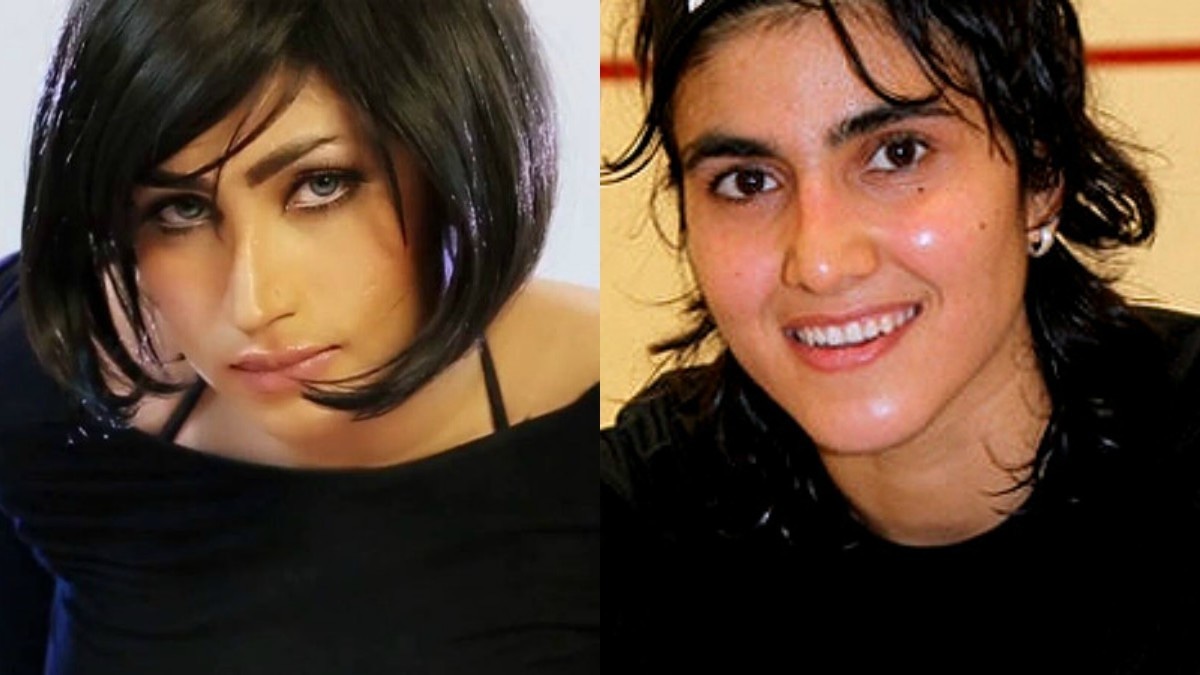
You say you don't have a problem with women, but any time a woman steps out of the roles patriarchy defines for her: obedient wife, doting mother, caring sister, meek employee - you freak out.
Simply take the very recent case of actor/TV host Noor, who was bombarded with insults about her character when she publicly announced her intention to divorce her husband. Earlier last year, popstar Annie revealed that she was shamed for re-marrying after her divorce. From these examples, it’s clear that Pakistani society does not like it when women take their lives in their own hands.
Or look at the struggle of Maria Toorpakay Wazir, whose dream of playing squash only became a reality when she disguised herself as a boy. While growing up in Waziristan, Maria trained and competed as a boy because it was frowned upon for girls to wear shorts.
And then we have the example of Qandeel Baloch, who lost her life because of her refusal to conform. Qandeel rose out of her background of poverty and illiteracy by cultivating a powerful social media presence that was just beginning to pave the way for a career in media when she was murdered by her brother.
This kind of discrimination extends beyond women in the public eye.
Pakistani women are punished so often for trying to exercise their right to choose that stories of acid attacks and honour killings have started to feel commonplace — or not big news.
So for anyone wondering where Pakistan’s strong and independent women are, they just need to look at the hundreds of women that we choke and silence for speaking up for themselves.
And to people who choke and silence these women - again, we ask: what are you afraid of?
4) Why do you want women to be 'strong and independent' in exactly the same way as men?

People who oppose women's rights movements often say that since women are biologically different from men, they don't need the same rights as men. They say women should fight in the army or should be manual labourers to prove their worth before they get to be treated the same as men.
Also read: Defusing bombs, defying stereotypes — KP woman to become first female BDU member
First of all, to say any human being has to 'prove' their worth before being considered equal in the eyes of the law and society is a gross injustice and grossly prejudiced. Every human being should be considered equal to every other person regardless of their gender and the work they do. If you think otherwise you're sexist and bigoted. That's honestly all we should have to say, really.
But let's look at your beliefs another way.
Your beliefs stem from a twisted understanding of what feminism is (so we would direct you back to Question 1 for reference). You seem to think feminists are a bunch of women who want to 'be' men, and therefore replicate their behaviour and replace men.
Well, you're wrong. Feminists don't want to be men. We just want to be treated equally in society without being discriminated against for our gender. So you can relax, no one's going to steal your identity.
Read more: PIA pilots make history by becoming first pair of sisters to fly Boeing-777s concurrently*
Some women might want to work in the army, fighting on the front lines. That's fine, and why not? Maybe some women want to work on construction sites. Why shouldn't they?
We want choices, we don't want to step inside your skin.
5) What on earth makes you think the patriarchy benevolently handed human rights to women?

Um, just to be clear, patriarchy didn't 'give' women rights - people who believed in feminism fought for these rights until their demands couldn't be ignored any longer.
Many people in Pakistan who oppose feminism and women's rights movements mistakenly believe that rights were simply 'granted' to women out and that women should therefore be 'grateful.' This is incorrect.
Here’s a little history lesson: women were first allowed to vote in the US in 1920. The US Constitution finally recognised the right of American women to vote. Do you know how long it took them? Almost a century. The right to vote wasn't simply 'granted' to women by the system - feminists had to fight for it. This movement started in 1848 when a number of men and women decide that every American woman deserves the right to political autonomy.
In Pakistan alone there have been movements against the government for denying women their basic rights. For example, In 1981, Pakistani women sought to take control from the unforgiving patriarchal system through the establishment of Women’s Action Forum (WAF), pledging to resist Gen Zia’s newly formulated Hudood laws.
And would you believe that we're still fighting for our rights because issues like domestic violence are still rampant in our society. You should also know that every second woman in Pakistan suffers from some form of domestic violence, but this is always overlooked as they're matters of the home.
Any achievements in women's rights have been made through the active campaigning of female and male feminists for women.
6) Why are you so hypocritical?
Seriously, why?
Most people who oppose feminism and women’s rights movements start their conversations with, “I love women, but…”
Newsflash: if in conversations about women you find yourself frequently saying “but”; if you don’t want women to have equal access to healthcare, education and employment opportunities; if you treat your female relatives differently than you treat women that you don’t know; if you have a problem with women expressing themselves freely in ways not expressly sanctioned by you – well, you don’t love women. Instead, you love controlling them.
We mean, at least be honest about your sexism. Then we can start having a real conversation.
7) And why do you keep bringing religion into all this?
Some people who oppose feminism and female empowerment in Pakistan say that if women really wanted equality, they’d turn to religion.
Unfortunately, we all know how easy is it for rogue elements in society to twist religious beliefs to meet their own dubious ends. So what makes you think this is going to be any different?
8) If you want feminism to be 'over' so badly, why don't you just help us create an equal society and be done with it?

Another gem people in Pakistan frequently offer up as justification for hating women’s rights movements is this: “I can’t see the end of feminist movements. They got some of what they’re asking for. When will they stop? I’m tired of all this.”
Again, this kind of thinking stems from the belief that women should shut up, sit down, and be grateful for whatever scraps of equality have been thrown at them. This type of thinking stems from the belief that women are inherently unequal.
But have you ever thought about it this way?
If you really want to see fewer women’s marches on the streets and fewer feminist quotes on Facebook – why don’t you create a just and equal society where women have the same rights as any other gender? In a truly equal society you’d see less protests and less agitation because there’d be fewer injustices to protest about. Isn’t that a cool idea? Technically, if you’re “so tired” of feminism, why don’t you aid the movement and help it achieve its goals faster?
We’re tired too. We’re tired of overt discrimination and unconscious bias. We’d love to get this over with. So how about a little help?
9) Why don't you see women as people yet?
It's 2017. It's time to embrace the fact that women are complex human beings just like you.
There is no one 'right' way to be a woman just like there's no one straight path to being a good man.
Instead of looking at the problem through a gendered lens, that is, as men vs women and vice versa, view the issues women face as problems faced by human beings, by people.
Perhaps in that light you’ll understand that we don’t need to ‘earn’ our rights or ‘prove worthy’ of them, because as people women have the right to the same things as men, because surprise, surprise, we’re more alike than you think.
Let's see each other as people first, and as gendered pronouns second.







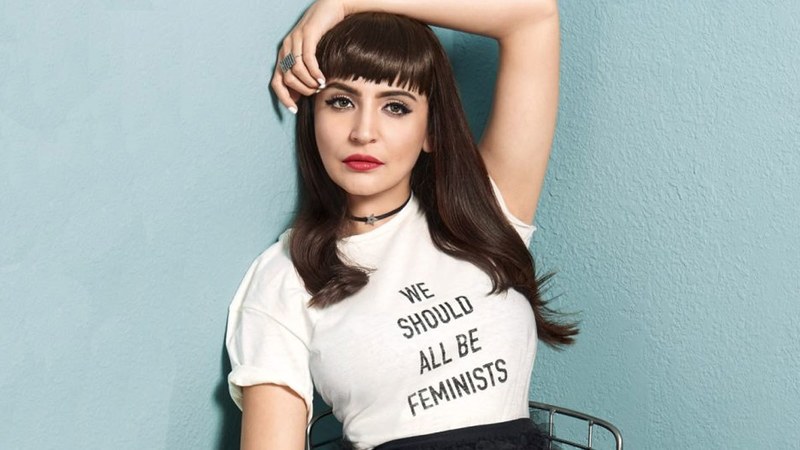
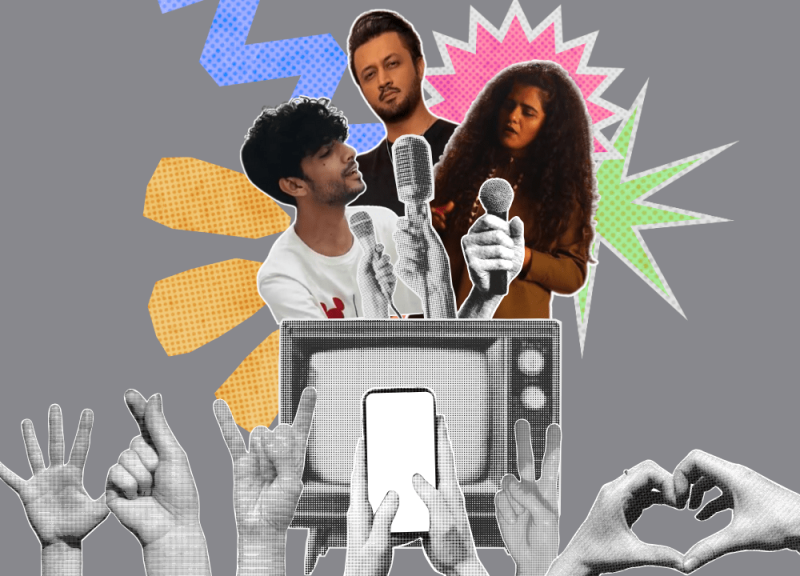
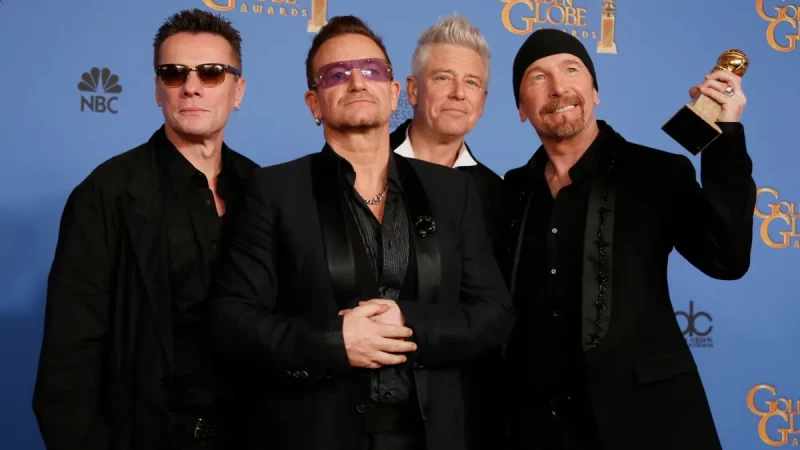
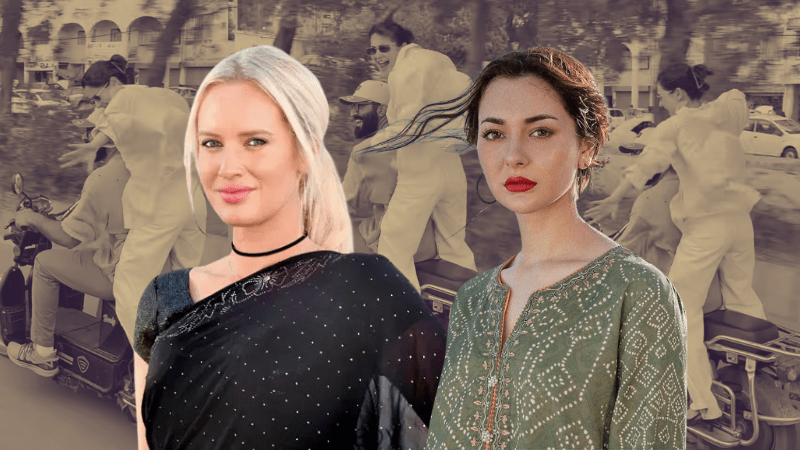
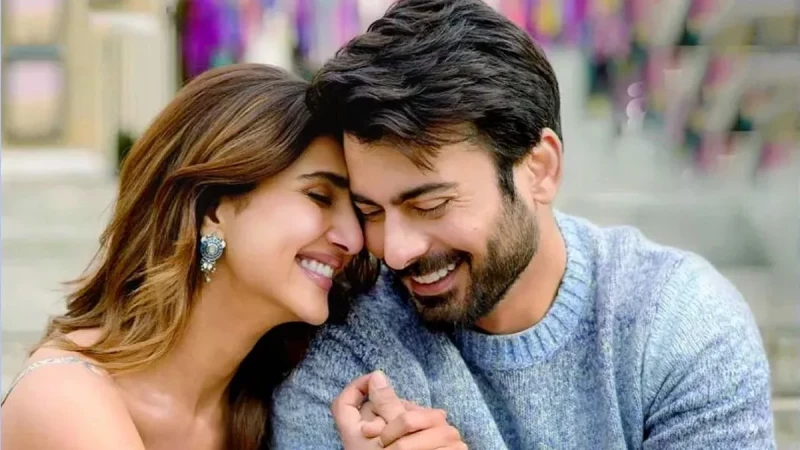

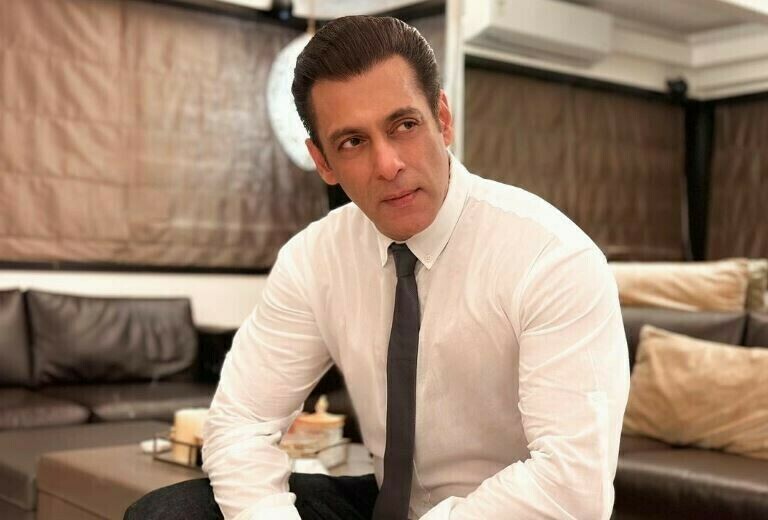
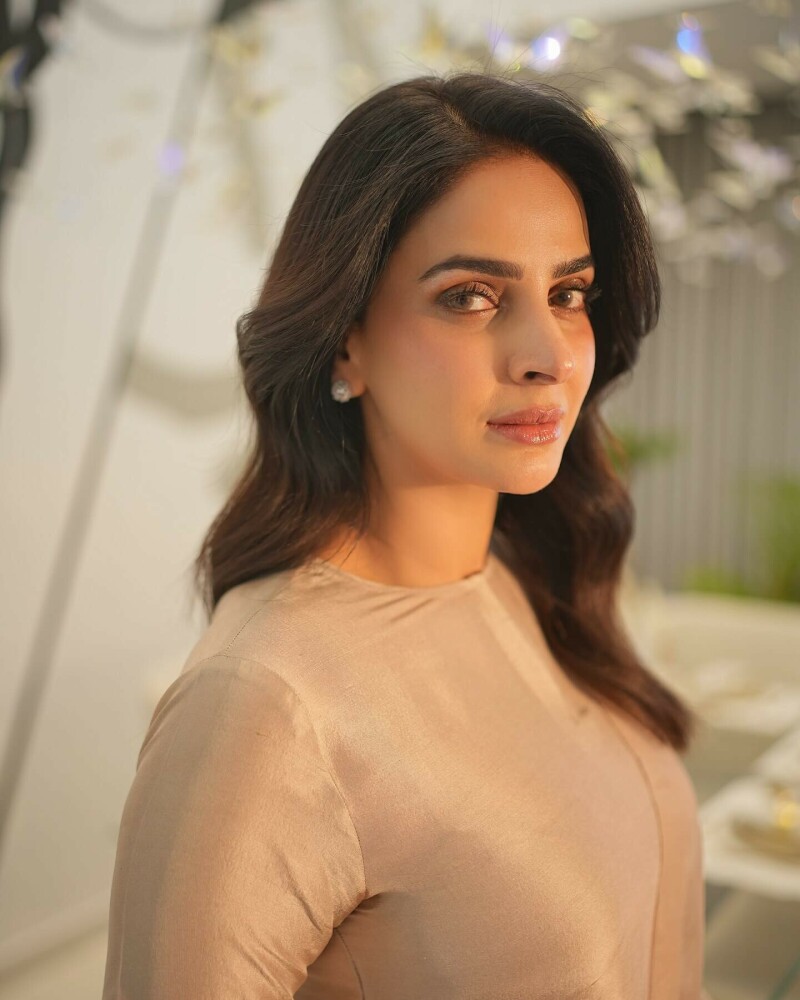


Comments